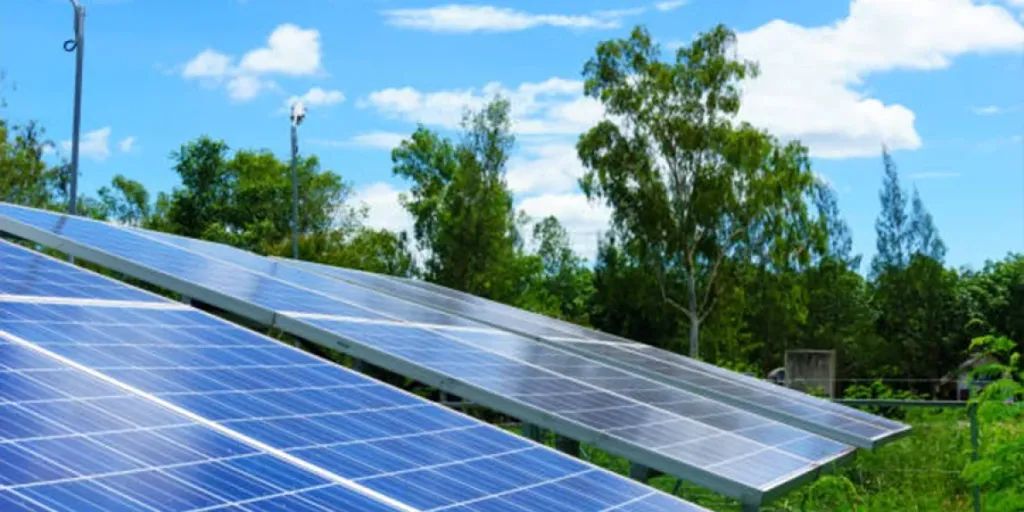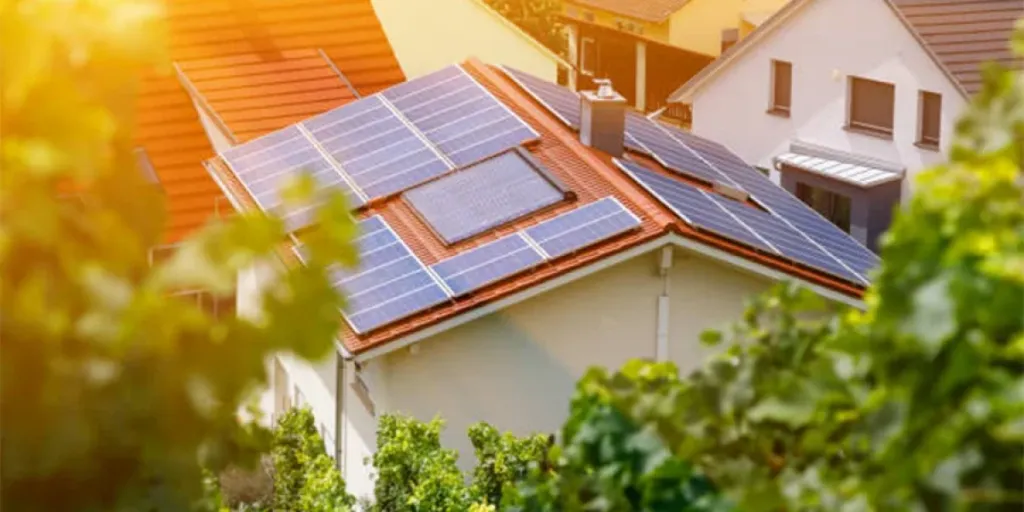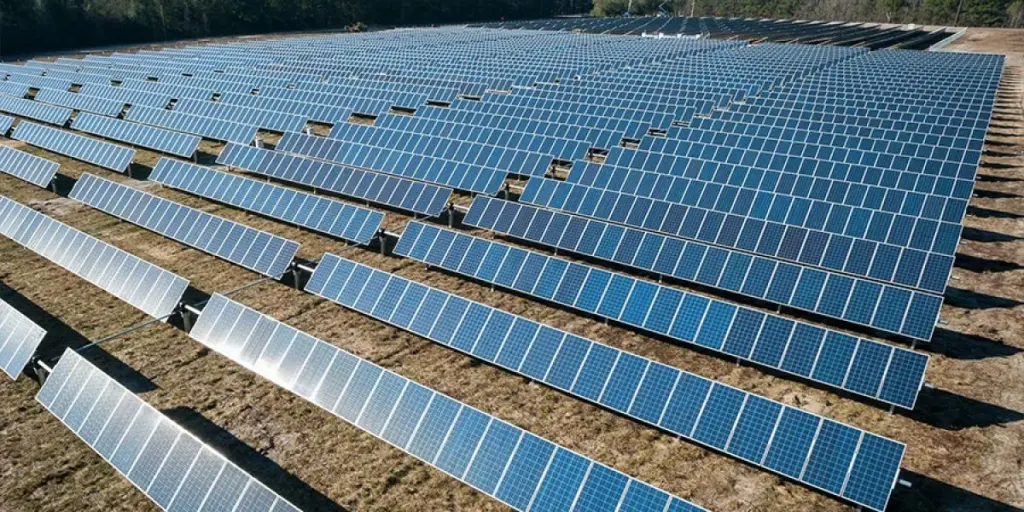- Ireland has launched Phase Two of its SRESS program for small-scale solar and wind energy projects
- Projects within the range of 1 MW to 6 MW across 6 categories will be offered fixed FiP rates for their lifetime
- Export-only projects with a capacity of less than 1 MW will also be supported under this round
Ireland’s Department of the Environment, Climate and Communications has launched Phase Two of the country’s Small-Scale Renewable Electricity Support Scheme (SRESS), calling it the export phase. It offers fixed tariffs for small solar and wind energy projects, across 6 categories, with sizes ranging between 1 MW and 6 MW.
A support rate for the project’s lifetime will be available as a feed-in-premium (FiP) tariff without an auction for selected projects within the 1 MW to 6 MW range. Export-only projects, referring to those that are not renewable self-consumers, below 1 MW will also get this support rate.
For Renewable Energy Communities (REC), small-scale solar PV projects up to and below 1 MW capacity will receive €150/MWh tariff, while those with more than 1 MW and less than 6 MW will get €140/MWh.
For the small and medium sized enterprises (SME), the tariff rates for PV projects under the 2 abovementioned categories are €130/MWh and €120/MWh.
The department specified that the largest supported category, grid-scale community solar projects, will receive a guaranteed tariff 20% higher than the average community price in the most recent RESS auction for community projects in 2022.
In comparison, wind energy projects of up to 6 MW capacity will receive €90/MWh REC tariff and €80/MWh SME tariff rates.
Higher rate to the RECs is explained as due to additional barriers they face when it comes to planning, grid connection and financing for renewable energy projects.
“Through my department’s continued engagement with Renewable Energy Communities, it became evident that they were facing significant challenges with the competitive, auction-based nature of RESS, along with grid and other barriers to project delivery,” explained Ireland’s Minister for the Environment, Climate and Communications Eamon Ryan.
He added, “To alleviate these issues, SRESS has been designed with the aim to provide an easier route to market for community projects and will align more closely to the experience and capacity of the community energy sector.”
Phase One of the SRESS was launched in July 2023 for renewable self-consumers above 50 kW and up to 1 MW capacity. Ireland plans to launch Phase Three of the scheme in 2026 to support installations with feed-in-tariff (FiT). A final decision will be announced later.
Ireland targets to achieve an 80% share of renewable energy in its total power mix by 2030, including 8 GW of solar PV and 500 MW of community energy.
Source from Taiyang News
Disclaimer: The information set forth above is provided by Taiyang News independently of Chovm.com. Chovm.com makes no representation and warranties as to the quality and reliability of the seller and products.




